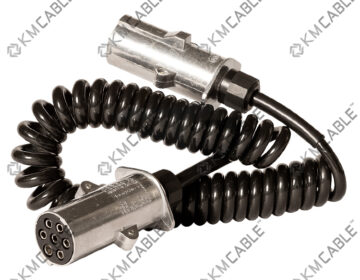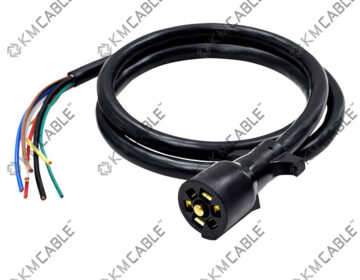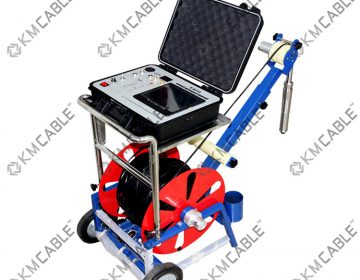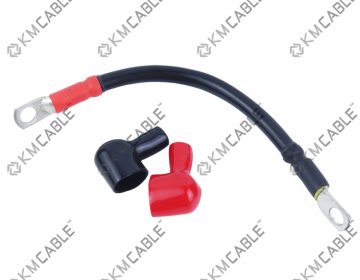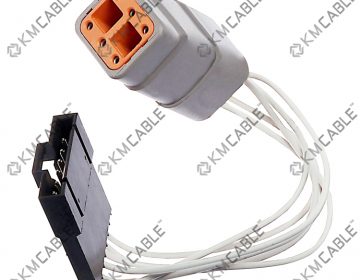No products in the cart.

Battery cables are an essential component of any electrical system that uses batteries. They provide a direct path for electrical current to flow from the battery to the rest of the system. As such, the size and specification of the cable are crucial factors in determining the efficiency and safety of the entire electrical system.
How do I choose battery cable size?
The size of the battery cable you need depends on several factors. The most important of these is the amperage of the electrical load that you plan to connect to the battery. The higher the amperage, the thicker the cable you’ll need. The length of the cable run also affects the cable size. The longer the distance between the battery and the load, the thicker the cable you’ll need.
Another important consideration is the voltage of the battery. In general, a 12-volt battery requires a thicker cable than a 6-volt battery, as it needs to deliver more power. Additionally, the type of cable material can affect the size needed. Copper is more conductive than aluminum, so you’ll need a thinner copper cable than an aluminum one.
What is the cable size for a 12V 100Ah battery?
The cable size for a 12V 100Ah battery depends on the amperage of the load you plan to connect to the battery. A general rule of thumb is that for every 100 amps of current, you’ll need a cable that is at least 1/0 (pronounced “one-aught”) gauge. For a 100Ah battery, if the load amperage is 100A, then you’ll need a 1/0 gauge cable. However, if the load amperage is lower, then you can get away with a thinner cable.
What gauge wire should be used with 12 volt battery?
The gauge wire you should use with a 12-volt battery depends on the amperage of the load you plan to connect to the battery. As a general rule of thumb, for every 100 amps of current, you’ll need a cable that is at least 1/0 (pronounced “one-aught”) gauge. For loads that draw less current, a thinner cable can be used. For example, if the load amperage is 50A, then a 4-gauge wire would be sufficient.
What diameter is 2 gauge battery cable?
The diameter of 2-gauge battery cable is about 0.27 inches (6.86 mm). This size cable can handle up to 175 amps of current for short periods of time.
How many amps can 25mm battery cable take?
The current-carrying capacity of a cable depends on several factors, including the cable material, the length of the cable run, and the ambient temperature. In general, a 25mm cable can handle up to 150 amps of current for short periods of time. However, for continuous operation, the recommended maximum current is around 120 amps to avoid overheating the cable.
In conclusion, choosing the correct size and specification for your battery cable is essential to ensure the efficiency and safety of your electrical system. The amperage of the load, the distance between the battery and the load, and the type of cable material are all important factors to consider. By selecting the right cable size and specifications, you can ensure that your battery system operates smoothly and safely.

